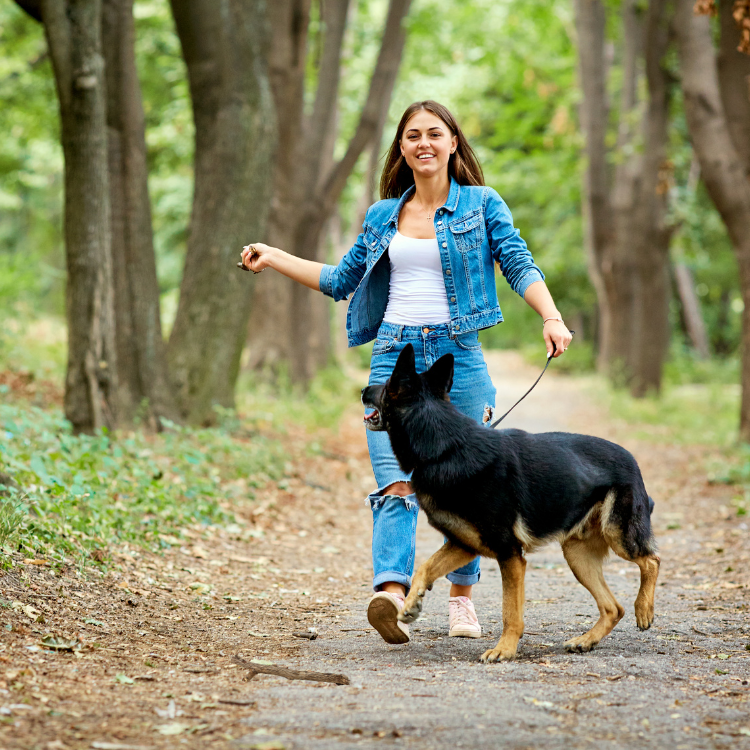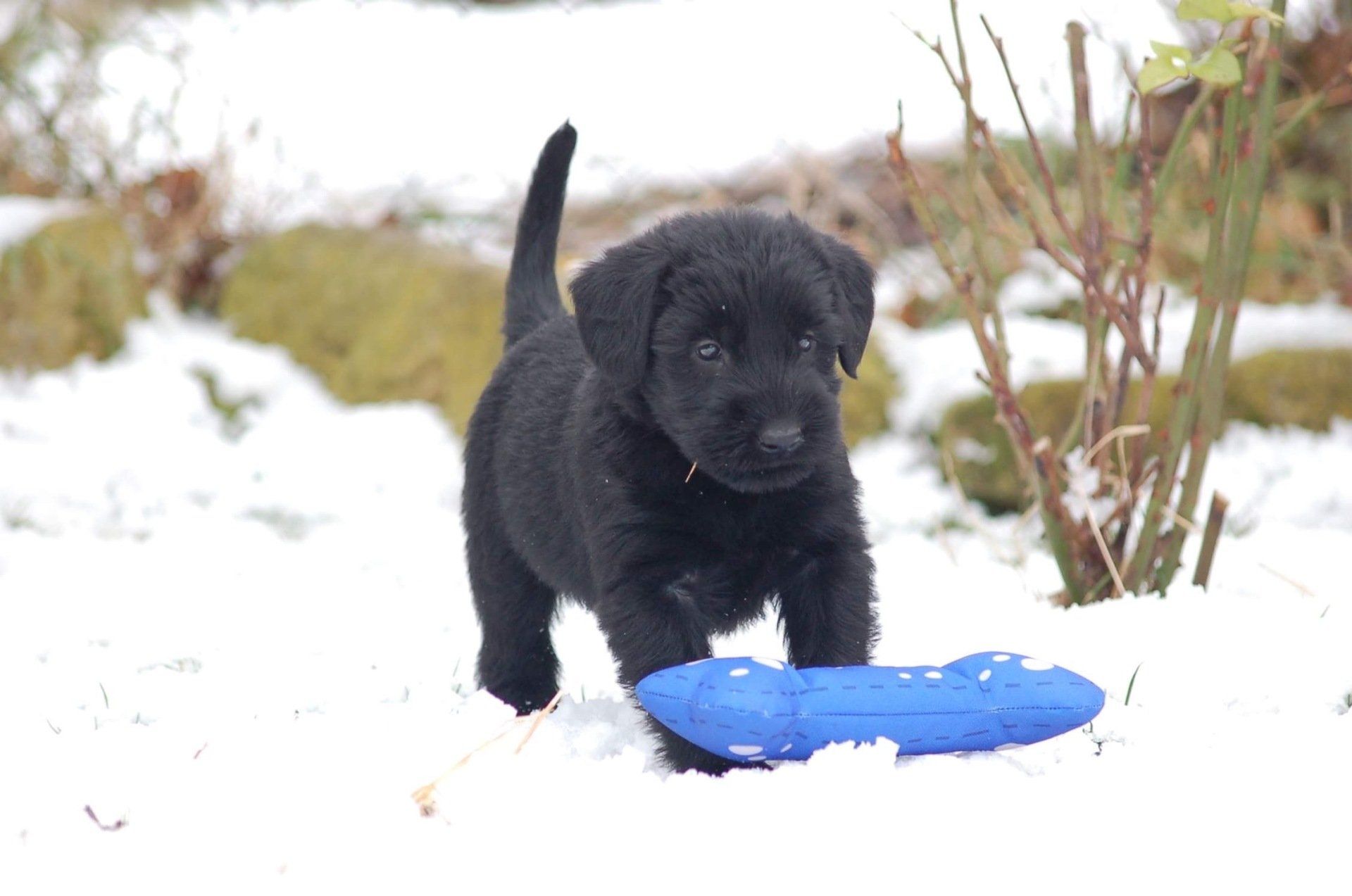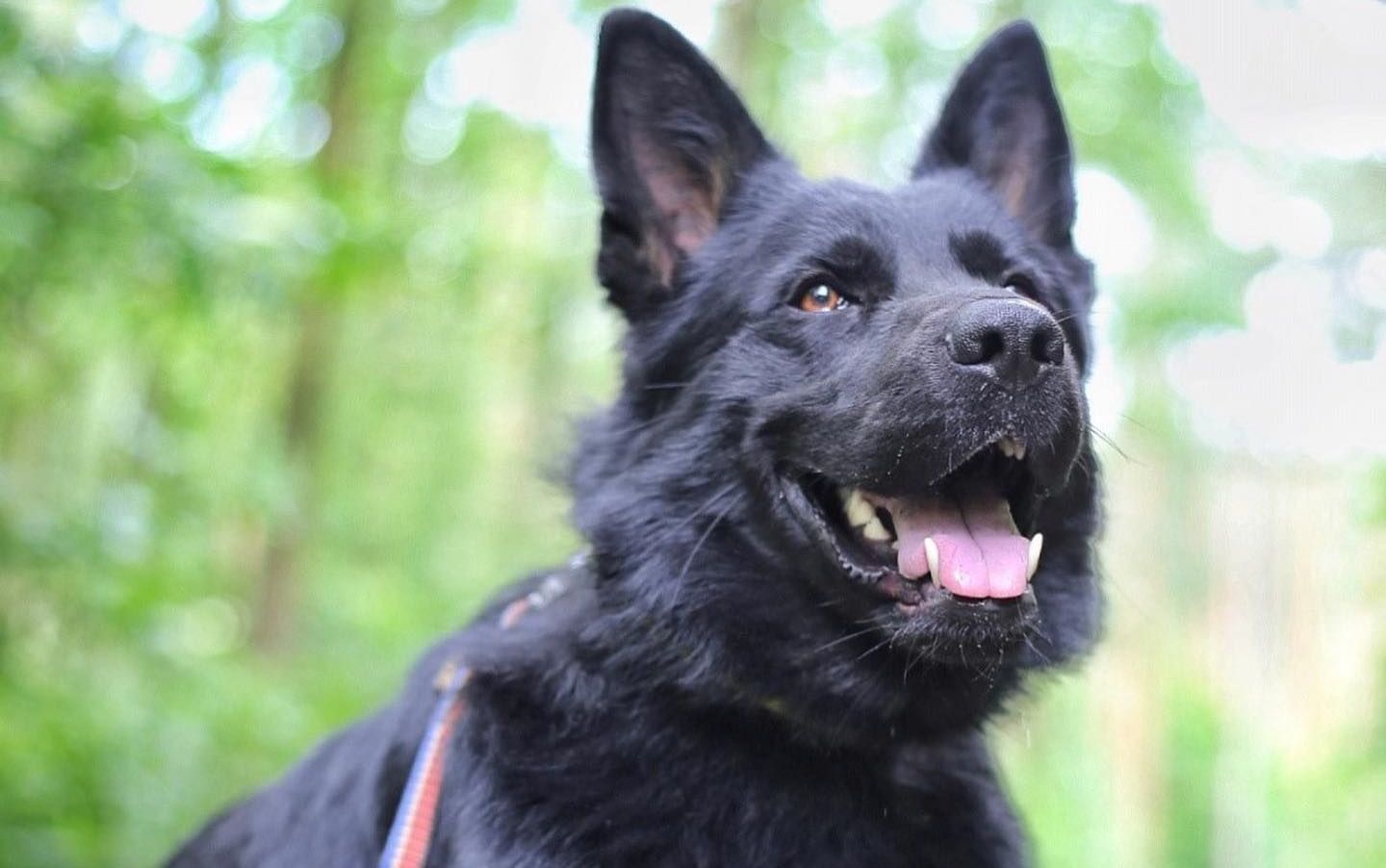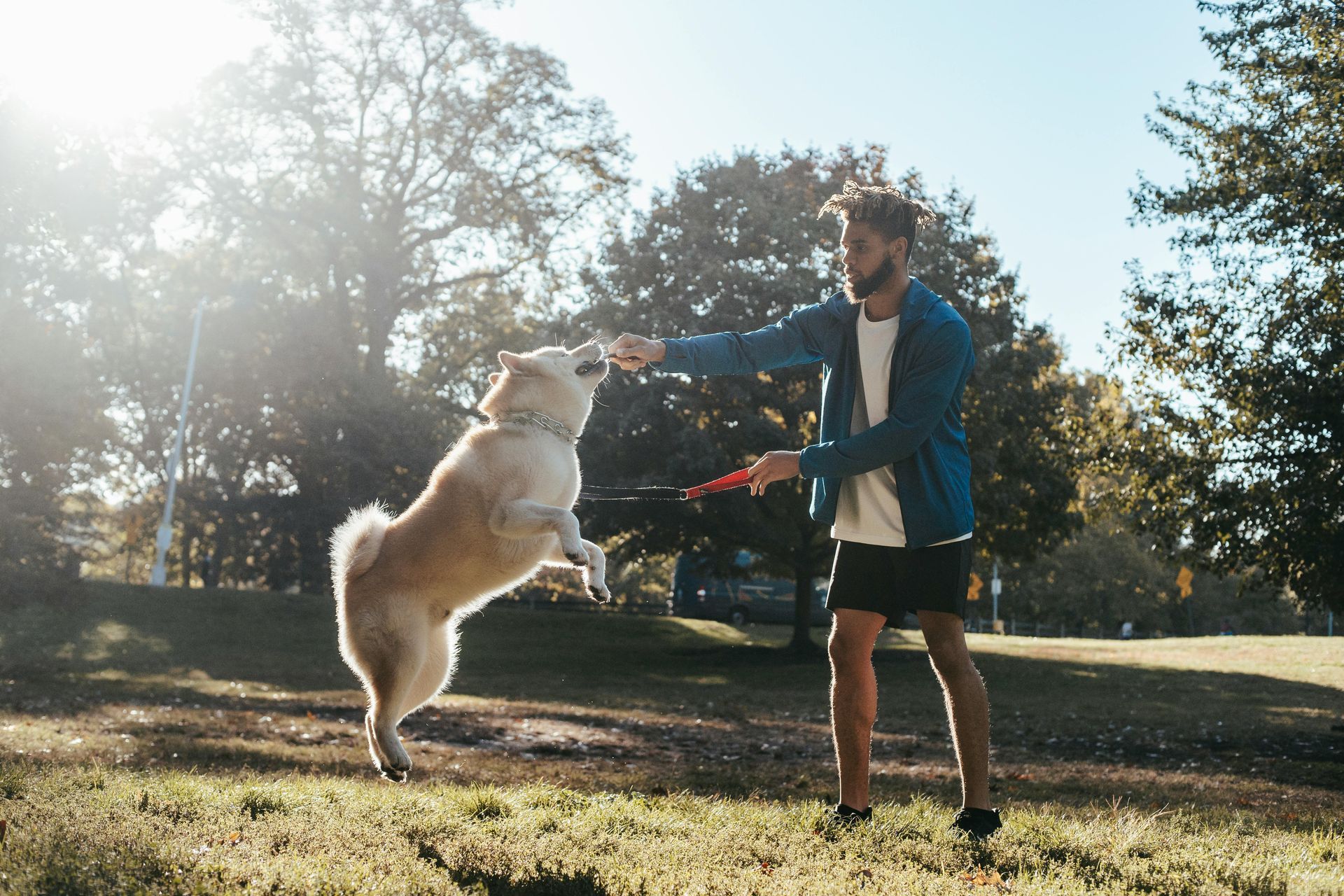Protection dogs are more than just canine bodyguards; they’re loyal companions that bring peace of mind to your life. Whether you’re searching for top-notch security or a devoted family protector, this 2025 guide will walk you through everything you need to know about protection dogs. From understanding their training to
choosing the right breed, you'll gain the insights you need to make the best decision for your family.

Why Choose a Protection Dog?
Protection dogs offer unique benefits that go beyond traditional security systems or firearms. Here’s why they’re an excellent investment for your family’s safety and companionship.
Unmatched Security
- German Shepherd Trained protection dogs respond to threats immediately, unlike alarms or cameras, which only alert you to danger.
- They deter intruders, neutralize threats, and act as a physical barrier of defense for your loved ones.
Loyal Companionship
- These dogs are more than just protectors—they’re part of the family.
- They provide unconditional love, affection, and loyalty while bonding deeply with their owners.
Versatile Protection
- Whether you're at home, work, or traveling, protection dogs adapt to different environments seamlessly to ensure your safety.
Non-Lethal Alternative
- For those who prefer a non-lethal approach to security, a trained protection dog offers a safe and effective alternative.
Why German Shepherds
At Full Contact K9, we focus on the top breeds that excel in task-oriented applications and companionship.
German Shepherds
- Famous for their intelligence, loyalty, and courage.
- Ideal for families due to their balanced temperament.
- Trained German Shepherds offer a mix of strength, composure, and affection.
The Training Process
Our protection dogs undergo a rigorous training program designed to suit both security and family environments.
1. Obedience Training
- Basic and advanced obedience training ensures dogs follow commands willingly and reliably.
2. Protection Work
- Specialized training includes threat detection, defense, and deterrence.
- Dogs learn to respond effectively to real-world threats while remaining family-safe.
3. Customized to Your Needs
- Each dog is trained to fit your unique lifestyle and security needs, ensuring compatibility with your environment.
4. Post-Purchase Support
- Support doesn’t end with your purchase. We provide ongoing guidance to maintain your dog’s training and help them adjust to their new home.
What to Expect When Purchasing a Protection Dog
Investment:
- Fully trained protection dogs are a premium investment, with prices starting from $50,000 to over $100,000 depending on factors like breed, age, training level, and genetics.
Selection Process:
- Work with a trusted provider like Full Contact K9 to ensure transparency and quality.
- Expect to share insights into your lifestyle, home environment, and specific security concerns to find the best match.
Matching the Right Dog:
- Be clear about your security needs (e.g., home defense, personal protection, or travel companion).
- Consider the dog's temperament, energy levels, and compatibility with children or other pets in your household.
Long-Term Responsibility:
- Owning a protection dog is a long-term commitment requiring effort to maintain training, health, and bonding.
Initial Support:
- Reliable providers will offer support after the purchase to facilitate the dog's acclimation into their new home.
13 Interactive Protection Dog Questions
Test your knowledge of protection dogs, their training, and ownership!
1. Why are protection dogs considered better than alarms for security?
A. They are cuter.
B. They respond immediately to threats.
C. They are entertainment sources.
D. They are cheaper than alarm systems.
Answer:
B. They respond immediately to threats.
Unlike alarms, protection dogs can physically confront threats, offering immediate defense until help arrives.
2. What is the most important factor in selecting a protection dog?
A. Price
B. Popularity of the breed
C. Compatibility with family needs
D. The size of the dog
Answer:
C. Compatibility with family needs
The dog's temperament, protective traits, and behavior must be a good match for the family's requirements and lifestyle.
3. What is the primary focus of protection dog training?
A. Teaching tricks for entertainment
B. Preparing dogs for competitions
C. Ensuring they respond effectively to threats
D. Making them aggressive in all situations
Answer:
C. Ensuring they respond effectively to threats
Protection dog training is about teaching controlled protection, ensuring dogs can neutralize threats while maintaining safe behavior in family environments.
4. Where are Full Contact K9’s protection dogs sourced from?
A. Local shelters
B. European working bloodlines
C. Random breeders
D. Animal auctions
Answer:
B. European working bloodlines
These bloodlines ensure dogs with superior genetics, temperament, and health for protection work.
5. How does protection training differ from basic obedience training?
A. It involves only teaching tricks.
B. It focuses on leash training.
C. It specializes in threat detection and response.
D. It eliminates basic commands like "sit" or "stay."
Answer:
C. It specializes in threat detection and response.
Unlike basic obedience, protection training equips dogs with skills to identify and respond to potential dangers effectively.
6. Why is temperament testing crucial for protection dogs?
A. To determine their favorite food
B. To ensure they can handle stress and work in diverse situations
C. To teach them advanced tricks
D. To reduce training time
Answer:
B. To ensure they can handle stress and work in diverse situations
Temperament testing ensures the dog remains calm under pressure and is capable of safely performing its duties in various environments.
7. What is a significant advantage of having a personal protection dog?
A. You can skip regular house security.
B. They deter potential threats by their presence alone.
C. They require no training at all.
D. They can live entirely outdoors year-round.
Answer:
B. They deter potential threats by their presence alone.
Their mere presence acts as a visual deterrent, reducing the likelihood of threats or break-ins.
8. What does it mean for a protection dog to be "environmentally sound"?
A. They are trained to stay outdoors only.
B. They are unaffected by new or stressful surroundings.
C. They avoid interacting with other animals.
D. They thrive only in rural environments.
Answer:
B. They are unaffected by new or stressful surroundings.
An environmentally sound dog remains calm and composed in unfamiliar or challenging environments, crucial for its effectiveness as a protector.
9. How does a protection dog balance being a companion and a protector?
A. By undergoing aggression-only training
B. By learning to recognize and differentiate between normal and threatening situations
C. By ignoring social interactions
D. By focusing only on family members and avoiding guests
Answer:
B. By learning to recognize and differentiate between normal and threatening situations
Protection dogs are trained to be gentle family companions while staying alert to potential dangers, ensuring they're safe for regular interactions.
10. When integrating a protection dog into a home, what’s most important?
A. Adjusting their diet
B. Early bonding and clear communication with the family
C. Isolating them from other pets
D. Keeping them in a kennel at all times
Answer:
B. Early bonding and clear communication with the family
Creating a strong relationship through consistent interaction and leadership ensures the dog understands its role and integrates well with the family.
11. Why is continuing training essential for protection dogs?
A. To ensure they remain sharp and responsive
B. To teach them new tricks
C. To help them become more playful
D. To increase their level of aggression
Answer:
A. To ensure they remain sharp and responsive
Continuous training reinforces their learned behaviors and keeps them prepared to respond effectively to situations.
12. What makes a German Shepherd ideal for protection work?
A. Its small size
B. Its loyalty, intelligence, and determined nature
C. Its love for running endlessly
D. Its aggressive disposition
Answer:
B. Its loyalty, intelligence, and determined nature
The German Shepherd's natural traits make it highly adaptable and trustworthy for both protection and family roles.
13. What should a family consider before purchasing a protection dog?
A. The dog’s height and color
B. The family’s lifestyle, environment, and specific security needs
C. Whether the dog can be left alone for long periods
D. Whether the dog can handle household chores
Answer:
B. The family’s lifestyle, environment, and specific security needs
Understanding these factors ensures the dog is the right fit for the household, both for protection and day-to-day living.
Summary
Protection dogs are a valuable investment in both security and companionship. With advanced training, rigorous selection processes, and careful matching, Full Contact K9 ensures their dogs provide unmatched protection tailored to your family’s needs.
Commonly Asked Questions about Protrection Dogs and Full Contact K9
Who is Evan Dunbar?
Evan Dunbar is the founder and lead trainer at Full Contact K9. With years of expertise in training protection dogs, he is dedicated to providing families with top-tier companions that offer both security and loyalty. Evan ensures that every dog is carefully trained and matched to meet the unique needs of each client.
What makes protection dogs a better security option than alarms or cameras?
Unlike alarms or cameras that only alert you to a potential danger, protection dogs provide an immediate, physical response. They can deter intruders, identify threats, and take action to protect your family while also offering loving companionship.
How much time is needed to maintain a protection dog’s training?
Maintaining a protection dog’s training doesn’t require hours a day, but consistency is key. Regular practice of commands, reinforcement through interaction, and periodic professional refreshers will ensure your dog stays sharp, responsive, and well-adjusted.
EVAN DUNBAR
Evan Dunbar is the President of Full Contact K9 and ProK9 Equipment. At an early age he was inspired by his uncle who introduced him to work-oriented dogs. Since that time, Evan has had the opportunity to study from and train with the “who’s who” of the working dog world.
His areas of expertise include advanced obedience, personal protection, service K9, and pet instruction. He is also an active participant in Schutzhund and French Ring dog sports. A modern and dynamic trainer, Evan’s unique style is technical and combines elements of both positive methods with classical approaches.
Full Contact Canine LLC is the culmination of a lifelong respect for animals, his passion for dogs, and Evan’s personal beliefs which emphasize ingenuity, integrity, and continuous learning in the world of professional dog training. He earned his B.B.A from Mercer University.
Evan has assembled a team of some of the most respected trainers in the industry to offer Full Contact K9 clients unparalleled experience, skill and service.



